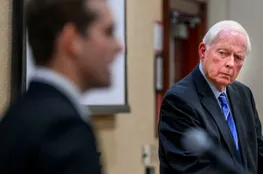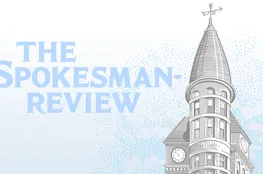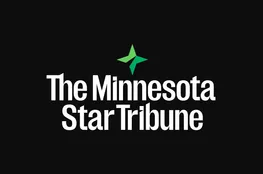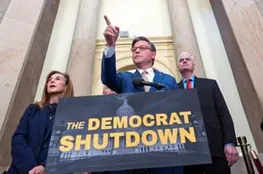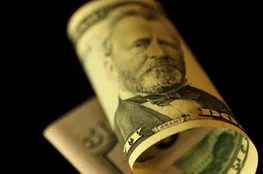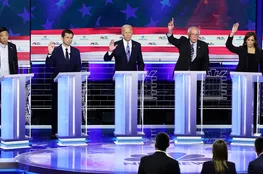With the presidential election just days away, the Libertarian community is buzzing with speculation about a potential revival of the "Ron Paul Revolution" in Washington—a possibility poised to become reality if Donald Trump triumphs. The excitement was set alight after a series of tweets hinted at a collaboration between Ron Paul and Elon Musk within a proposed Department of Government Efficiency (DOGE), a novel concept geared toward streamlining federal operations, should Trump win office.
Friday evening saw AFpost announcing Ron Paul’s willingness to team up with Musk to eliminate government inefficiencies in a potential Trump administration. In a subsequent tweet, Musk welcomed the idea of having Paul join the envisioned DOGE team, referring to his potential role with notable enthusiasm. Known for adopting radical measures to augment business productivity, Musk has previously outlined an ambitious agenda, aiming to trim at least $2 trillion in excess expenditures from federal budgets by dismantling unnecessary regulations and enforcing substantial downsizing.
The Libertarian camp appears eager for such change, enthused by earlier endorsements of Ron Paul's vision which has consistently advocated for smaller government. His propositions have historically included scrapping several federal agencies he deems wasteful, ceasing foreign military engagements, and axing both capital gains and estate taxes—culminating in his flagship pledge to abolish the Federal Reserve. Despite potential economic ramifications, such as recessionary pressures from federal spending cuts, proponents argue that these measures could mitigate the economic turmoil triggered by current policies, colloquially dubbed 'Bidenomics.'
Musk’s proposed creation of DOGE is yet unestablished but evokes considerable debates, envisioning a governmental body dedicated to maximized fiscal prudency. The internet has been abuzz with intrigue, as X users erupted in excitement over the possibility of a Musk-Paul alliance tasked with government efficiency. Social media is rife with spirited discourse, echoing Ron Paul's persistent calls for reduced bureaucratic overload—a sentiment amplified by Trump’s visions of fostering more dynamic governance.
Even Trump’s presumptive Vice President, JD Vance, expressed alignment with Paul’s apprehensions about the Federal Reserve's expanded reach, underscoring a notable shift towards Paul's economic strategies. This potential union of Musk and Paul, subject to Trump’s electoral success, has reinvigorated feelings reminiscent of Paul’s earlier revolutionary fervor. The melding of Musk’s corporate efficiency with Paul’s foundational principles of liberty and fiscal restraint encapsulates a Libertarian dream. As election day looms, their collaborative prospects signal a transformative juncture that could redefine federal governance, striking a profound chord with freedoms cherished by market pragmatists and champions of transparent governance alike.


